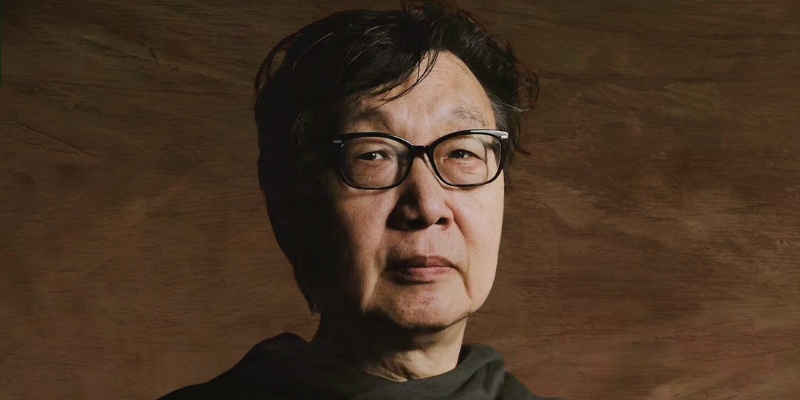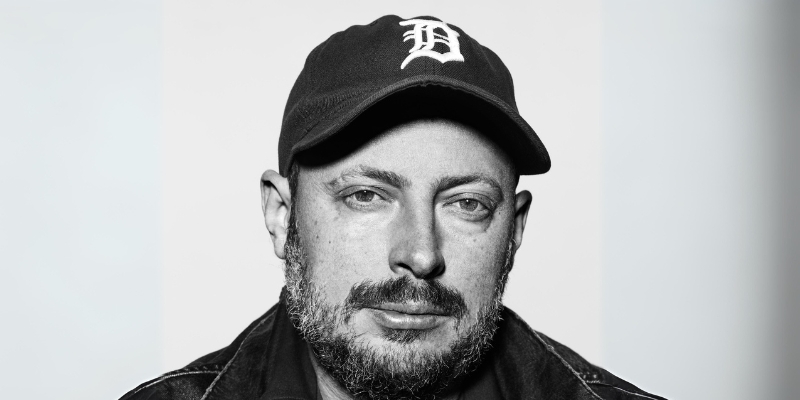Town Hall and the Seattle Times collaborated for the Ignite Education Lab 2019 at the Campion Ballroom at Seattle University on March 11. Lily Williamson, a sophomore at Shorewood High School and a TeenTix Press Corps editor, was in attendance:
Ignite Education Lab is a storytelling event like no other—and exactly what the education community needs right now. Hosted by the Seattle Times, and in its fourth year, Ignite takes the broad and hotly debated topic of public education, and confines it. A group of eleven presenters get exactly five minutes and twenty slides (advancing every 15 seconds) to tell their story. This tight format restricts various views of the expansive topic into a succinct package that really packs a punch, and forces the storytellers to really be creative.
This year’s event was based around the theme of special and specialized education, and many of the presentations took this topic to new and seemingly antithetical places. Shannon Hitch, a former school psychologist, described how learning that her child has autism caused her to speak differently with the families of differently abled children—now, she focuses more on collaborating with parents and the child’s abilities, rather than the child’s restrictions. On the other hand, Victoria Mott, a science teacher at Washington’s Echo Glen, a juvenile-detention center, spoke about how teaching incarcerated teenagers can be difficult but is incredibly rewarding. She states that “the ‘why’ behind why I teach” is continuously reinforced. Hitch’s and Motts’ talks, while seemingly disparate in topic, combine to highlight the intersectionality and importance of special and specialized education.
The stories told are made even more enrapturing by the people who tell them: all are compelling and well-spoken. Sometimes presenters would forget what they were saying, or a slide would advance at an awkward time—one woman almost started to cry midway through her set. But these little inconsistencies only added to the presentations, making the stories and their orators seem all the more human, and all the more relatable.
The most revolutionary thing about Ignite Education Lab is how well it portrays public education as something that affects everyone. Even though education is often believed to be only an important facet of the lives of students, their parents, and teachers, Ignite Education Lab shows that the public schooling system is something that regards an entire community. The Lab brings together a group of presenters that are diverse in gender, age, and race, from all aspects of a community—this year’s presenters included teachers, parents, students, and even individuals with seemingly no involvement in traditional schools. Mohammed Kloub, one of the event’s organizers, explains why the event is so purposefully diverse: “Getting just one perspective doesn’t show you how the education system affects people very differently… and the education system affects everybody.”
Ignite Education Lab takes a fresh approach in demonstrating the importance of equitable public education for an entire community. It breaks the stereotypical idea that the education system and it’s future is only applicable and important to students, parents, and teachers. Instead, Ignite sheds light on how education is a cycle, that impacts all parts of a community. The capabilities of education will be confined without everyone in a community being invested it—and attending Ignite Education Lab is the perfect way get involved in the future of education.


